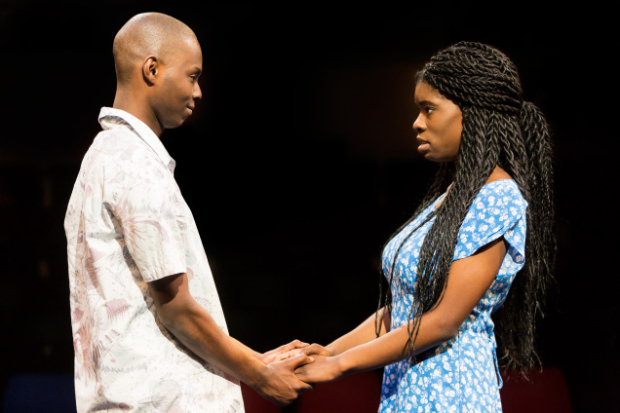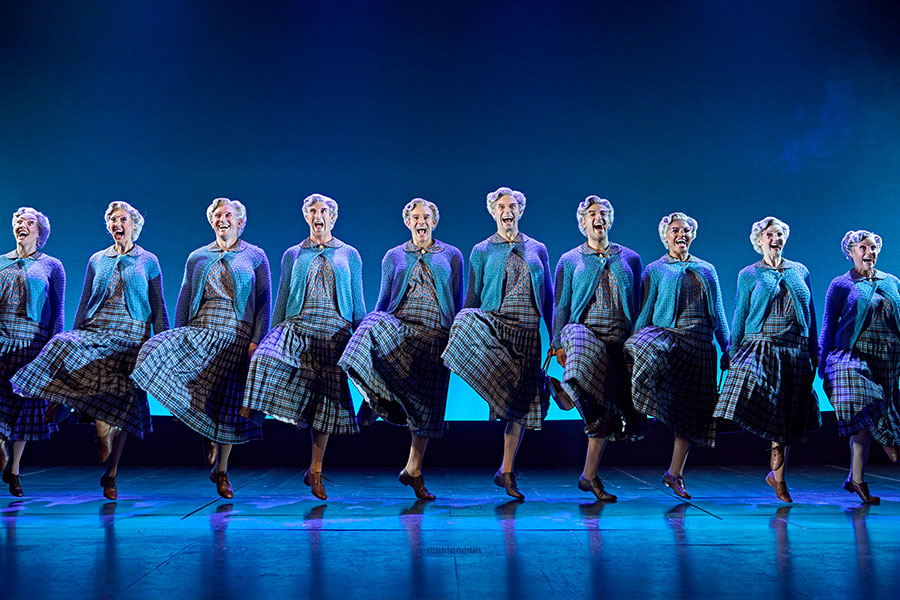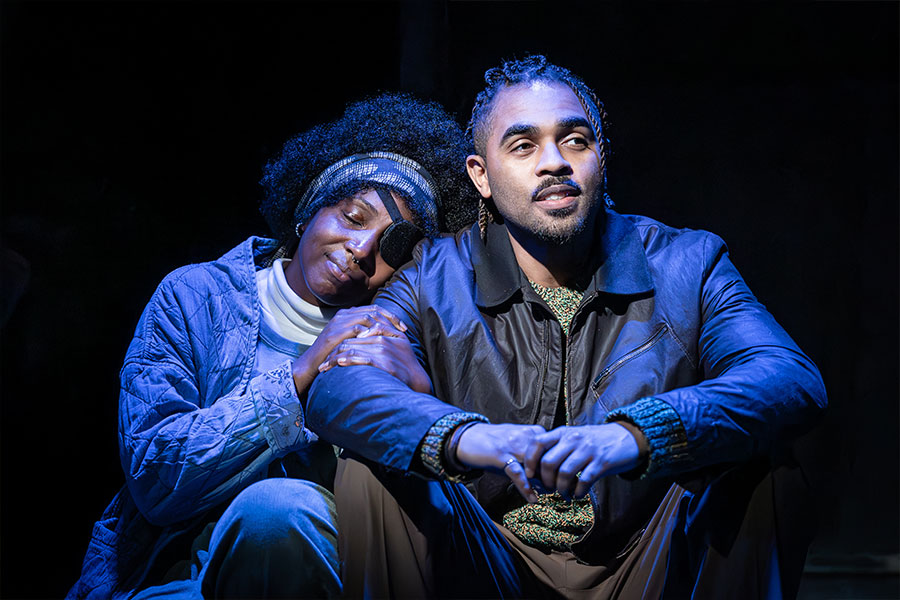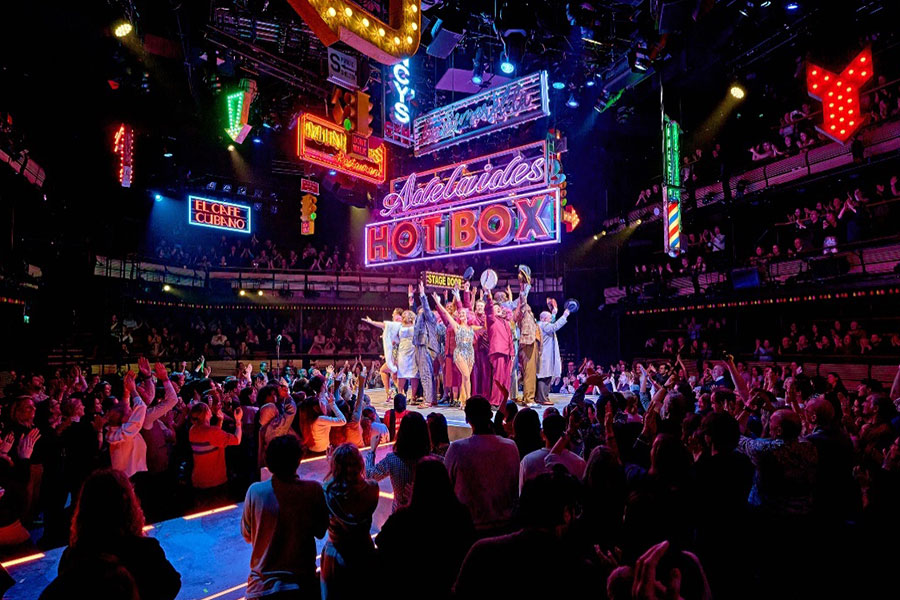The Rolling Stone (Royal Exchange)

© Jonathan Keenan
The words 'Uganda' and 'homosexuality' in the same sentence are guaranteed to send a shiver down the spine of anyone with even a passing interest in human and gay rights. But in Chris Urch's Bruntwood Prize-winning play they become the seeds of theatrical alchemy. Instead of heavy-handed exposition or gloomy moralising, he gives us honesty, truth and above all, life: all expressed through a luminous script that belies Urch's 27 years.
The narrative of the play comes as no surprise; it's obvious what route it'll take. However, the way in which Urch steers us there is tinged with genius. There are, of course, invocations of 'abominations', conjurations of the devil and his temptations, the tragic nature of sacrifice and the eternal theme of thwarted love. But it's the crystal clear distillation of these platitudes and the almost perfect alignment of the writing and performances that makes this a gem of a play.
Dembe (an irresistible Fiston Barek) and Sam (Robert Gilbert: delightful) are in love. We first see them in the throes of the getting-to-know-you part of a relationship that many will recognise. The sweet first date laced with humour and roister doister affection. Their love is… comparing cloud shapes and bursting pimples. It's the stuff of everyday folk wherever they are and whoever they are and Urch bottles this joy consummately.
Dembe's brother Joe becomes the town pastor on the death of their father, but instead of turning into the inevitable cipher spouting 'Christian' vitriol and hate, we see instead a man of uncertainty and doubt. The filial affection is there between the two men and their sister Wummie (an exquisite Faith Omole) and it's this primal love that's tested when the emotional layers are traumatically peeled away.
A simple blue-carpeted square and dais form a necessarily stark design that allow Urch's words to soar and shine. Similarly Ellen McDougall's direction has a lightness of touch, barely perceptible (in a good way), allowing the actors to relish their material: dialogue that has the pace and purity of a shard of glass through the heart – razor-sharp or achingly funny and painful in equal measures.
And Urch's beautifully drawn characters get the performances they deserve; effortless, fluid acting from the entire cast. If I had to pick a highlight, it would be Sule Rimi's Pastor Joe, if only for exposing the vulnerabilities of the potential pantomime villain in a performance so blissfully nuanced that I felt pity for him even as he hissed and spat bilious venom during a tour de force of a monologue – "If we see a limp wrist, we crush it!".
The beauty of Urch's play is that it doesn't just shine a light on the hideous evils of the suppression of homosexuality – or individuality – it also skilfully demonstrates how that suppression then drips its poison into everyone's capacity to love. This is sublime play, a superb production and a glimpse into the writing potential of a very talented young man. It demands to be seen.
The Rolling Stone continues at the Royal Exchange until 1 May 2015










